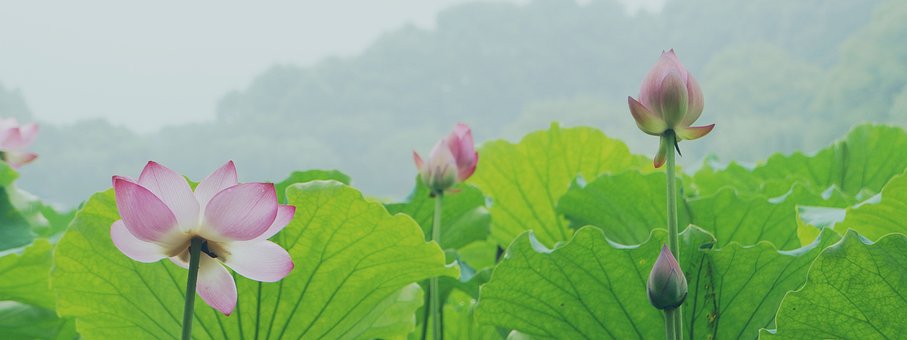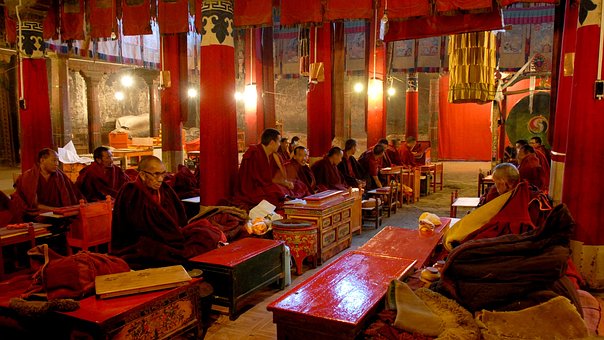There are two ways to realise Dzogchen: one is to listen to dharma extensively, then to accumulate immense merits by engaging in the practice of cultivating renunciation and bodhicitta, the practice of mandala offering and embarking on the path of bodhisattvas. When accumulation of merit rises to a certain level, one can realise emptiness; another way is to rely on the qualified master’s blessing. The premise to receive such blessing is to have devotion. The stronger the devotion, the more blessing one can receive.
~Depicted from LUMINOUS WISDOM BOOK SERIES











